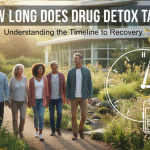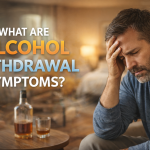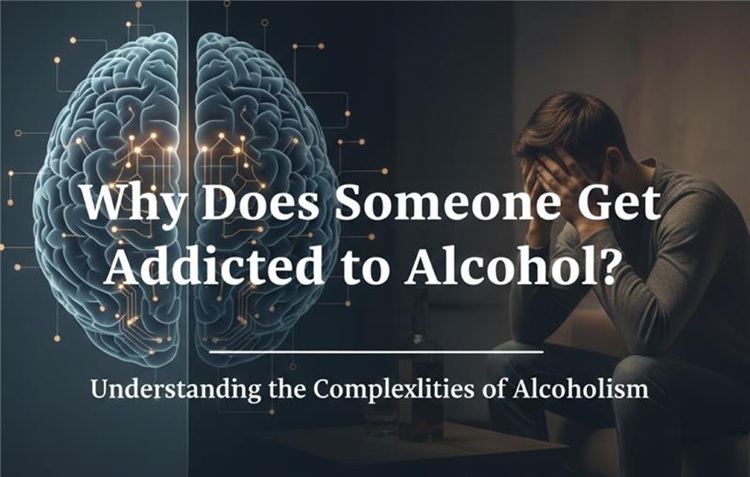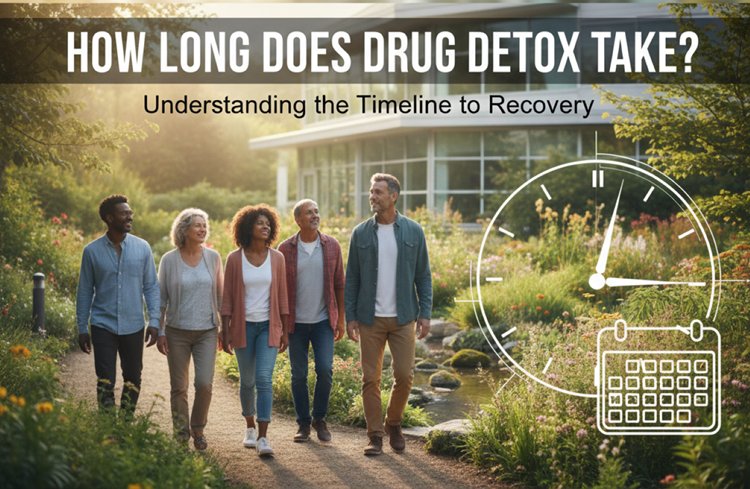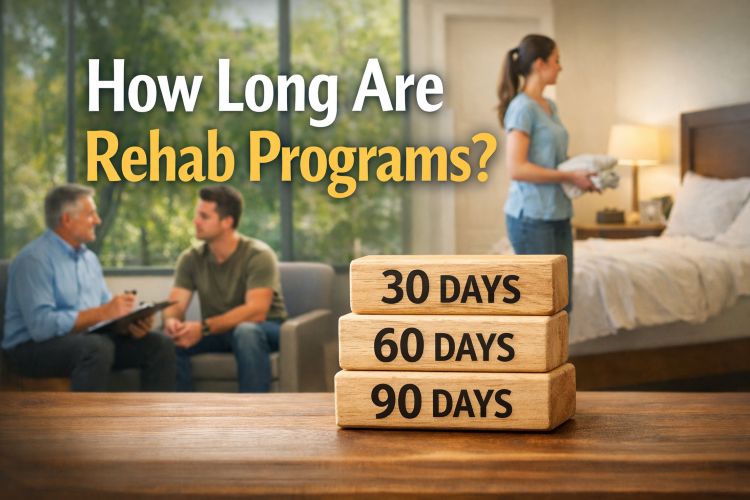Does someone that you love have a problem using alcohol but refuses to accept it? Watching a friend or family member battle alcohol addiction can be heartbreaking and confusing. You would like to help and you just did not know how, or where. Understanding the signs, learning how to respond, and exploring alcohol addiction treatment options are essential steps toward supporting their recovery.
This guide covers everything you need to know about how to help someone with alcohol addiction, including how to navigate denial, where to find treatment, and how to protect your own well-being during the process.
What is Alcohol Addiction?
Alcohol addiction, also known as alcohol use disorder (AUD), is a chronic condition marked by a person’s inability to stop or control alcohol use despite negative consequences. It is not just drinking a lot but rather dependency and not being able to control.
But is it alcohol addictive? Yes. Alcohol interferes with the reward system of the brain, originating a vicious circle in which the individual engulfs a drink to make himself or herself feel good (or feels good and then engulfs a drink as a result), or feels bad, then drinks to make himself or herself feel good, or feels good and then drinks to feel bad and so on.
The brain gets addicted to alcohol with time and symptoms of withdrawal might occur when they attempt to quit; hence, they find it hard to quit the habit without the assistance of the experts and this can be life-threatening.
Alcohol addiction and withdrawal can cause a range of physical and emotional symptoms, including nausea, anxiety, tremors, and even seizures. That’s why professional treatment for alcohol addiction is often the safest and most effective route to recovery.
Signs of Alcohol Addiction
Recognizing the signs of alcohol addiction can be challenging, especially when someone is trying to hide their drinking. However, common alcohol addiction signs include:
1. Increased Tolerance
They have to consume more to experience or they do not appear to be affected by the quantities that would affect others.
2. Withdrawal Symptoms
When they do not take alcohol, they sweat, shake, feel nauseated and anxious or irritable.
3. Drinking in Risky Situations
They drink and drive, consume alcohol with other medicines, or they drink when they are taking care of the children.
4. Neglecting Responsibilities
They have drinking problems, whose result in a detriment to work, school, or home.
5. Failed Attempts to Quit
They have attempted to abstain or reduce their intake of alcohol unsuccessfully on several occasions.
6. Social Isolation or Relationship Issues
They either do not want to see family or friends or drinking debates have risen.
If your loved one shows any of these signs of alcohol addiction, it may be time to consider alcohol addiction treatment or reach out to alcohol addiction rehab for guidance.
What to Do if Your Loved One Doesn’t Want Help
One of the hardest parts of supporting someone with alcohol addiction is when they’re in denial or refuse help. They may not understand the severity of the problem or fear the stigma or withdraw or not know what life will be like without alcohol.
Here’s how to approach the situation:
1. Educate Yourself
Learn about alcohol addiction and withdrawal, treatment options, and support systems. The wiser you are, the more you can guide them.
2. Use Empathy, Not Judgment
Avoid accusing or blaming by stating your concern by way of using the I-statements. For example:
Your drinking is really worrying me, I have noticed that you are not behaving like you normally do.
3. Set Healthy Boundaries
Do not support them in doing what they are doing. This does not imply covering up or giving money to buy alcohol and making excuses.
4. Encourage Professional Help
Gently suggest speaking to a doctor, counselor, or alcohol addiction center near me. Inform them that there are other caring programs out there such as the Palm Coast Treatment Solutions, which know what they are going through.
5. Plan an Intervention (If Necessary)
In case they do not relent at this point, a professional intervention may allow them to witness the effects of their addiction. This ought to be under the advice of a mentored interventionist or addiction counselor.
6. Take Care of Yourself
Rescuing an addict is an emotionally taxing thing. Do not ignore your mental and emotional needs. You can go to a support group, such as Al-Anon or consult with a therapist.
How Alcohol Addiction Treatment Can Help
The good news is that alcohol addiction is treatable, and people do recover. It is an in-depth treatment plan that comprises of:
- Medical Detox: Withdrawal under the care of professionals to maintain security and comfort.
- Therapy: Cognitive Behavioral therapy (CBT), group therapy and trauma-informed methods.
- Aftercare Planning: Support in the long run to keep sobriety.
Our evidence-based programs at Palm Coast Treatment Solutions are custom-made to the needs of respective individuals. Your loved one may need to be in the hospital or an outpatient clinic, but we can give you compassionate, high-quality staff and services all through.

Conclusion
Helping someone with alcohol addiction isn’t easy, but your support could be the turning point they need. By recognizing the signs of alcohol addiction, approaching the situation with empathy, and encouraging professional help, you can make a real difference in their life.
You are not required to do it on your own. If you’re searching for alcohol addiction centers near me or need guidance on how to talk to your loved one about getting help, Palm Coast Treatment Solutions is here to walk with you. Contact Now (386) 284-4151.







